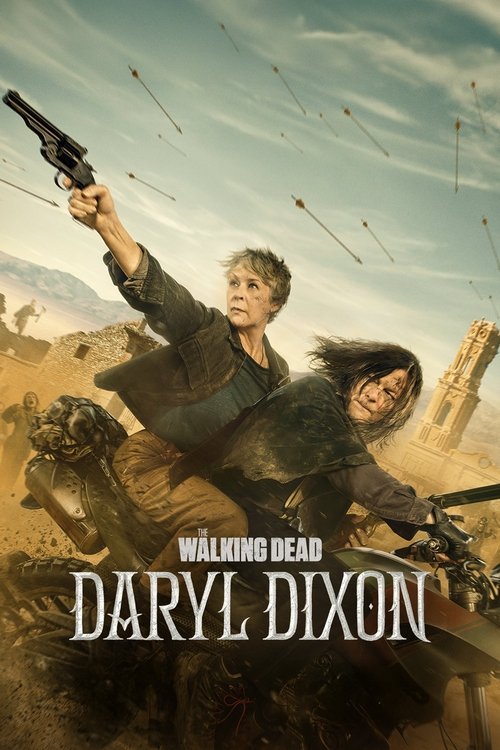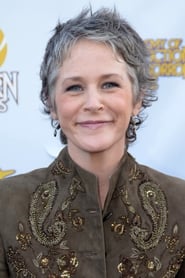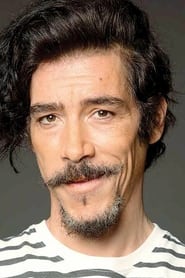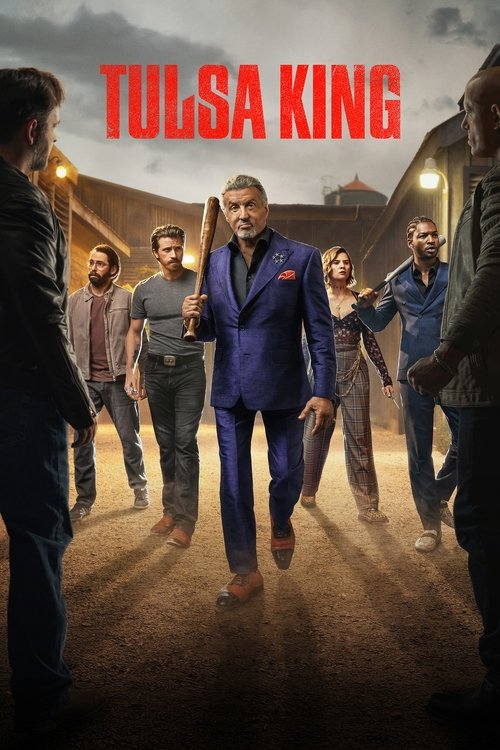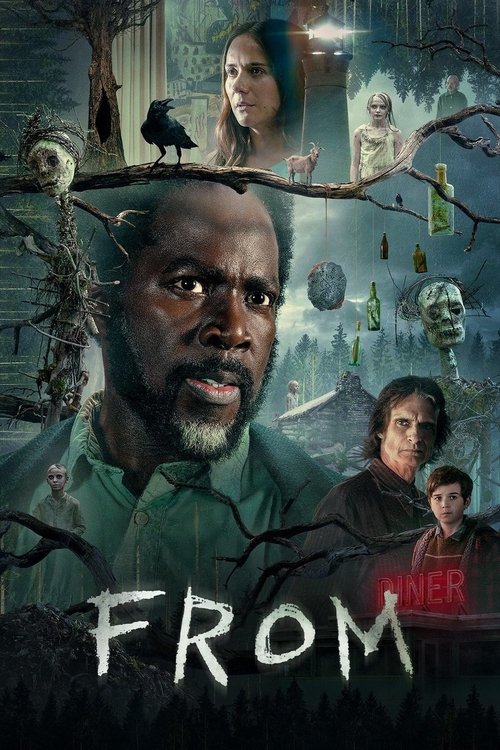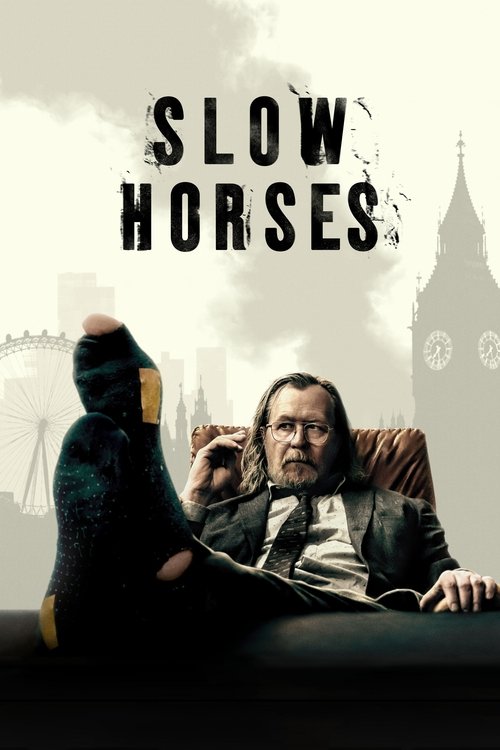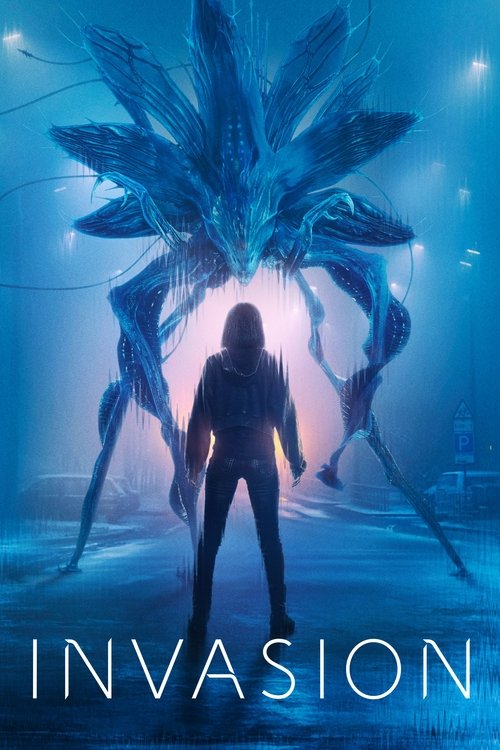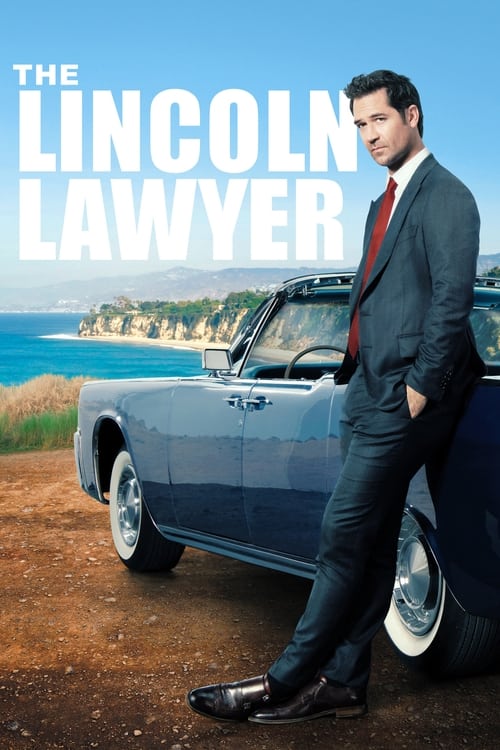
Ask Your Own Question
What is the plot?
Daryl Dixon wakes up alone in a small wooden boat adrift on the ocean, disoriented and confused about how he ended up there. The boat eventually washes ashore on the coast of France, the origin of the zombie virus. Daryl scavenges for water and surveys the unfamiliar landscape, recording a message expressing his intent to return home to the Commonwealth, though he does not know how he crossed the Atlantic.
Shortly after arriving, Daryl encounters a pair of unruly thieves who are attacked by a group led by Codron's brother. Daryl intervenes and kills Codron's brother, setting off a personal vendetta from Codron against him. This confrontation establishes Codron as a persistent threat hunting Daryl and his companions.
Daryl then finds himself in a warehouse where he fights walkers. During the fight, he is burned by the blood of a walker that has become corrosive, indicating a new, more dangerous strain of the virus in France. This encounter foreshadows the unique challenges Daryl will face in this new environment.
Daryl meets a young boy named Laurent, who is part of a group traveling through France. Laurent is revealed to be a highly intelligent child viewed by a religious group as a future Messiah destined to lead humanity to renewal. Laurent's backstory includes being born via emergency C-section to his mother Lily, who died and reanimated as a walker. Laurent's sister Isabelle, a drug addict and thief, escaped Paris with her boyfriend Quinn and pregnant sister Lily during the initial outbreak but ultimately abandoned Quinn.
The group loses their mule and is captured by a group of children living in an old preschool with their dying teacher, Madame Dubois. Laurent befriends the children, who reveal that the nuns in the area are lying to him. Daryl offers to get medicine for Madame Dubois in exchange for a horse, and Lou, one of the children, agrees to help him.
Daryl and Lou raid a nearby castle owned by a man called La Tarasque, who is revealed to be an American from Texas named R.J. Gaines. Inside the castle, Daryl confronts Gaines and rescues a boy Gaines had captured. Gaines falls into his own walker moat and is devoured by walkers. The children rescue Daryl, and after Madame Dubois dies, Daryl encourages Lou to step up as their leader. The group then leaves the preschool, but Laurent expresses frustration over secrets kept from him.
Meanwhile, Codron continues to hunt Daryl and his group, motivated by revenge for his brother's death. Codron confronts Daryl and Laurent in the season finale, where he has the chance to kill Laurent to inflict psychological pain on Daryl. However, Codron refuses to harm children and instead shoots his own team members, telling Daryl, "Not today, Dixon. Next time," before releasing them and returning to Genet, the leader of the organization pursuing Daryl. Genet realizes Codron's betrayal and punishes him. Both Codron and Daryl fall into Genet's bad graces, setting up potential future alliances or conflicts.
It is revealed that Daryl was taken from America by the Pouvoir ship, which was transporting walker test subjects. Daryl instigated a mutiny on the ship, destroyed their research, and escaped, which is why Genet orders that he be found. Codron works for Genet but has his own personal motives. Daryl's journey across France is marked by his attempts to find a way back home while protecting Laurent and navigating the fractured, dangerous landscape.
Throughout the season, Daryl's internal struggle is shown as he tries to piece together how he ended up in France and how to return home. His relationships with Laurent, Isabelle, and the children he encounters complicate his original plan. The season ends with Daryl and his group continuing their journey, facing threats from both walkers and human enemies, with unresolved tensions and alliances shaping their path forward.
What is the ending?
In the ending of "The Walking Dead: Daryl Dixon," Daryl faces a climactic confrontation with the forces threatening the remnants of humanity. He ultimately makes a significant sacrifice to protect those he has come to care for, leading to a bittersweet resolution for the characters involved. The series concludes with Daryl finding a sense of purpose and belonging, even as he grapples with loss.
As the final episodes unfold, the tension escalates in the French landscape, where Daryl has been navigating the complexities of survival and connection. The story builds towards a confrontation with the main antagonist, who embodies the chaos and brutality of the world they inhabit. Daryl, driven by his fierce loyalty and protective instincts, rallies a group of survivors, including familiar faces and new allies, to stand against this threat.
In a pivotal scene, Daryl and his group prepare for the impending battle. The atmosphere is thick with anxiety and determination. Daryl, often stoic, reveals glimpses of vulnerability as he reflects on the people he has lost and the bonds he has formed. His internal struggle is palpable; he is a warrior, yet he yearns for a sense of family and peace.
The battle itself is intense and chaotic. Daryl leads the charge, showcasing his skills and bravery. The fight is brutal, with close calls and moments of heroism from his companions. Each character faces their own demons, and the stakes are high. As the dust settles, sacrifices are made. One of Daryl's closest allies falls, leaving him grappling with grief and guilt. This loss serves as a catalyst for Daryl's transformation, pushing him to confront his past and the weight of his choices.
In the aftermath, the survivors regroup, but the cost of their victory is evident. Daryl stands amidst the ruins, reflecting on the fragility of life in this new world. He finds solace in the remaining members of his group, who have become a makeshift family. The emotional weight of their shared experiences binds them together, even as they mourn their losses.
The series concludes with Daryl making a choice that signifies his growth. He decides to stay in France, embracing the possibility of building a new life with those who remain. The final scenes depict him working alongside his companions to establish a sense of community, hinting at hope amidst the despair. Daryl's journey comes full circle as he finds a place where he belongs, even as the shadows of the past linger.
In summary, the ending of "The Walking Dead: Daryl Dixon" encapsulates themes of sacrifice, resilience, and the search for connection in a world ravaged by chaos. Each character's fate is intertwined with Daryl's, highlighting the importance of unity and the enduring human spirit in the face of overwhelming odds.
Who dies?
In "The Walking Dead: Daryl Dixon," several characters face dire fates throughout the series, reflecting the harsh realities of a post-apocalyptic world filled with both walkers and human threats. Here are the notable character deaths, along with the circumstances surrounding each:
-
Laurent: Laurent is a young boy who Daryl encounters during his journey in France. His death occurs in a particularly emotional scene. Daryl, having formed a protective bond with Laurent, is devastated when he sacrifices himself to save Daryl from a horde of walkers. This moment happens in the latter part of the season, showcasing Laurent's growth from a scared child to a brave individual willing to protect those he cares about. His death serves as a poignant reminder of the cost of survival and the impact of loss on Daryl.
-
Isabelle: A member of the group that Daryl aligns with, Isabelle is a strong and resourceful character. Her death occurs during a climactic confrontation with a rival faction. In a desperate attempt to save Daryl and the others, she confronts the enemy head-on. Despite her bravery, she is overwhelmed and ultimately killed. This moment is filled with tension and heartbreak, as Daryl witnesses her sacrifice, which deepens his resolve to protect those who remain.
-
The Bishop: The Bishop is a key antagonist in the series, leading a group that poses a significant threat to Daryl and his allies. His death comes during a final showdown where Daryl confronts him. In a fierce battle, Daryl is forced to make a choice between mercy and survival. Ultimately, he kills the Bishop in self-defense, which is a turning point for Daryl, forcing him to grapple with the moral implications of his actions in a world where survival often means making impossible choices.
-
A member of the rival faction: In a tense encounter, Daryl is forced to defend himself and his group against a rival faction that seeks to control the resources in the area. During this confrontation, one of the members of the rival group is killed by Daryl in a moment of self-defense. This death highlights the brutal reality of the world they inhabit, where trust is scarce, and violence is often the only means of survival.
Each of these deaths is crafted to evoke strong emotional responses, showcasing the themes of sacrifice, loss, and the moral complexities of survival in a world overrun by the undead and fraught with human conflict. Daryl's journey is marked by these losses, shaping his character and driving his motivations as he navigates the challenges of this new world.
Is there a post-credit scene?
As of my last update, "The Walking Dead: Daryl Dixon" does not feature a post-credit scene. The series focuses on Daryl's journey through a post-apocalyptic France, exploring his struggles, encounters with new characters, and the emotional weight of his past. The narrative is tightly woven around his character development and the challenges he faces in a world filled with both the undead and the remnants of humanity.
If there are any updates or changes regarding post-credit scenes or additional content, they would need to be confirmed through official sources or recent episodes.
What is Daryl's primary motivation in the series?
Daryl's primary motivation in 'The Walking Dead: Daryl Dixon' revolves around his quest for redemption and connection. After years of surviving in a post-apocalyptic world, he grapples with the weight of his past actions and the loss of his friends. His journey through France is not just a physical one, but also an emotional exploration as he seeks to find a sense of belonging and purpose.
How does Daryl's relationship with the new characters evolve?
Throughout the series, Daryl encounters a variety of new characters, each with their own struggles and backgrounds. His relationship with a young girl named Laurent becomes particularly significant, as he takes on a protective role, reminiscent of his past with Carl and Judith. This bond forces Daryl to confront his paternal instincts and the emotional scars left by his previous losses.
What challenges does Daryl face in the French landscape?
Daryl faces numerous challenges in the French landscape, which is depicted as both beautiful and treacherous. The remnants of civilization are intertwined with the undead, creating a haunting atmosphere. He navigates through abandoned cities, dense forests, and crumbling ruins, all while dealing with hostile groups and the ever-present threat of walkers. Each environment tests his survival skills and resilience.
What role does the character Isabelle play in Daryl's journey?
Isabelle is a pivotal character who represents both a potential ally and a source of conflict for Daryl. As a member of a group trying to survive in the harsh realities of France, she challenges Daryl's views on trust and community. Their relationship is fraught with tension, as they must navigate their differing motivations and the dangers surrounding them, ultimately leading to moments of vulnerability and connection.
How does Daryl cope with the loss of his friends from previous seasons?
Daryl's coping mechanism is portrayed through his internal struggles and flashbacks to his past. He often reflects on the memories of his friends, particularly Rick and Carol, which haunt him during quiet moments. This grief manifests in his interactions with others, as he sometimes pushes people away to avoid further loss. However, as he forms new bonds in France, he begins to find a way to honor their memories while allowing himself to heal.
Is this family friendly?
"The Walking Dead: Daryl Dixon" is not considered family-friendly due to its mature themes and graphic content. Here are some potentially objectionable or upsetting aspects that may occur:
-
Violence and Gore: The series features intense scenes of violence, including graphic depictions of zombie attacks and human confrontations, which may be disturbing for children or sensitive viewers.
-
Death and Loss: Characters frequently face death, leading to emotional moments of grief and loss that can be heavy and upsetting.
-
Survival Themes: The show explores dark themes of survival in a post-apocalyptic world, including betrayal, moral dilemmas, and the struggle for humanity amidst chaos.
-
Emotional Trauma: Characters experience significant emotional and psychological trauma, which may resonate deeply and be distressing for some viewers.
-
Language: The dialogue may include strong language and adult themes that are not suitable for younger audiences.
-
Mature Relationships: There may be complex relationships and adult situations that are not appropriate for children.
Overall, the series is intended for a mature audience and may not be suitable for children or those sensitive to intense emotional and visual content.

